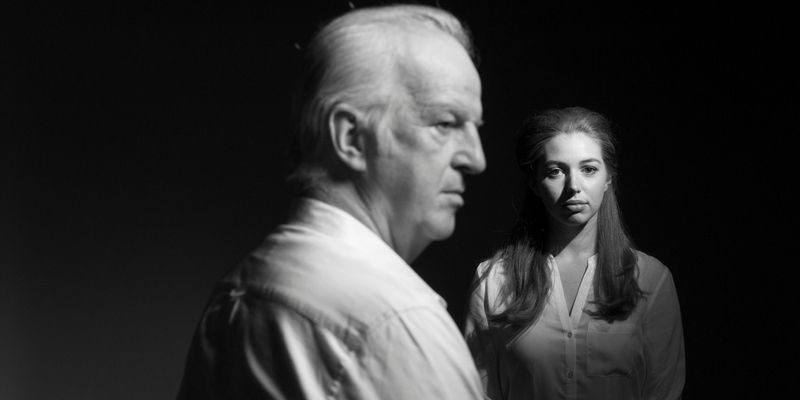
A traditional form of theatre without the grandeur – there is no death, no brawls, no tragedy written in the stars – it is merely the human condition. Set on a farm in Leitrim, Scober MacAdam is King of the Castle. As he fails to impregnate his wife, his pride becomes wounded. When his shortcomings are brought to public attention he conspires a plan to put his hard-earned reputation on the line.
The layout is uncomplicated – this is the kind of play that you studied at school. We have plot, character, and a firm hand keeping the fourth wall intact. An old play meets a bright new cast: Ryan Donaldson, handsome and clean-cut, plays the respectable Matt Lynch; and Marty Rea is the mischievous Maguire, with a devilish smirk on his boyish face – he is the play’s provocateur. The rural landscape buttresses the play, acting as a backdrop to scenes, permeating the play’s gritty language. When the historical context hinders the play, the language of the farm is used to elucidate otherwise censored subject matter.
Scenes in the public domain were skilfully directed and genuinely humorous – a credit to the actors’ natural charisma. In an opening scene, a table stretches downstage, last-supper style (but with no clear Jesus nor Judas in this dynamic). The table audibly increases in rowdiness as it veers left stage, and trickles down to the bottom of the food chain with Maguire and his cronies. Such scenes were well-contrasted with those of honed down duo-dynamics, performed with genuine intimacy. It’s within these micro-dynamics that the substance of the play gains better clarity. The subtle language is cloaked in farmland jargon, but it still manages to reveal aspects of the play’s lurid subtext.
The show charts tectonic shifts in relationships and sexuality. There’s no breakthrough as at its core is something more timeless – an engagement with the ambivalent yet definitive ways we choose to express love. When the light goes out, we are shocked. Not because we feel cheated, but rather we are confronted with a sobering truth. Yes, that’s all there is to it, and is that not the truest kind of drama?






